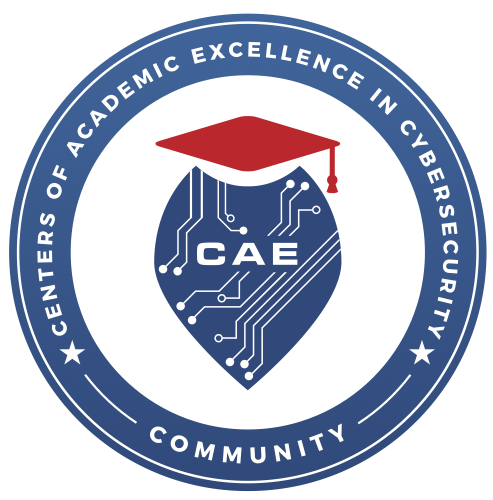Home | Advancing Technology Degrees | Digital maker and fabrication
Startup organizations, inventors and innovators rely on agile approaches to prototype, evaluate and bring creations to market by way of digital fabrication tools. The Digital Maker and Fabrication (DMF) degree at University of Advancing Technology (UAT) prepares graduates to design and build new technology devices by combining design theory, programming, materials, human factors and prototyping with 3D printing and other maker technologies.
Students in this program will practice taking design concepts and then modeling, designing and building these objects using 3D design software and rapid prototyping tools. DMF students will learn to inform their designs based on choosing the best materials for each design element. Students will learn how to program the embedded systems driving their devices, using tools such as C++ and Arduino, in ways that support creating smart and internet-enabled devices.
Students will learn fundamental tools found in makerspaces that allow for rapid prototyping. These include 3D printers, laser cutters, CNC fabric cutters and rapid forming tools. Framing their design and engineering prototype knowledge, students in the DMF program are exposed to how rapid development works within Agile and MVP iterative development cycles. This combination makes graduates adept at the process of refining technology creations and devices to make them ready for real-time emerging technology product development.
Check out some of this semester’s Digital maker and fabrication courses and gear up for fresh challenges. Unlock new skills and power up your education.
This course combines the application of color theory and introductory design principles. The function of traditional design principles incorporating color perception and color psychology give students a strong understanding of basic visual communication elements. Digital and traditional methods in design, color issues and media manipulation are covered, along with designing for an ethnically diverse international audience.
One of the most important skills of any maker is the ability to understand, design, and build a three-dimensional product. Whether that design will ultimately take form via a 3D printer, CNC machine, or a more advanced manufacturing method, being able to intricately model the shape and behavior of a component is critical in becoming an effective maker. In this course students will learn the key fundamentals of 3D design, including the history of computer aided design/build, key manufacturing methods used in industry, the use of case studies to model and demonstrate rapid prototyping principles, and a number of physical deliverables printed via the University’s set of 3D printers.
This course focuses on creating functional prototypes from digital models using a variety of tools, techniques and materials as students explore the process of taking an idea from conception to a functional state. Students in this course will learn to use a variety of maker style tools representing differing levels of complexity to generate complex prototypes. Prototypes will be based on 3D models, where materials, their properties and their functional relationships with each other as a part of a working model play key roles in design decisions.
What is it that makes an engaging interface? What elements must be considered to hold user interest? This course explores the aesthetic and functional components associated with creating effective interfaces that encourage the user to be an active participant. Topics include product design, color and compositional ergonomics, and the design process as it relates to interaction with the content. Students will be involved in creating unique interface design solutions, as well as critiquing existing interfaces from a variety of media sources.
Students will learn how a processor is built from fundamental logic gates. Learning how a processor works under the hood will help students become better programmers. Electronics fundamentals will be covered, including digital logic, Ohm’s Law, schematics and integrated circuits. The use of oscilloscopes and other electrical equipment will also be covered, including soldering and circuit construction techniques (programming with solder). Students will implement an assembly instruction set on a 4-bit μController they design.
This course will expose students to the analytical processes and skills that underpin the creative process of product design. These processes may include user research, use cases and usability, ergonomic analysis, materials selection, production processes, hand drawing and sketching, comparative product research, model making, prototyping and testing. Additionally, students will develop AutoCAD skills designed to allow for 3D design of products.
Educating the next wave of innovators, our faculty leverage their experiences to mentor students to lead innovations and solve challenges in advancing technology.
UAT’s Synchronic Learning model provides an education framework that prepares superior graduates to become tomorrow’s innovators. This model embodies UAT’s methodologies, curricula and community dedicated to fostering an environment of innovation that promotes demonstrated mastery and job readiness.
How does UAT prepare superior graduates? Students are required to participate in projects that solve real problems. UAT requires students to innovate and create a working proof of concept that’s never been done before. Students complete internships, community projects and apprenticeship experiences to cultivate their ability to succeed in the workplace.

Network Security curriculum certified by the US National Security Agency's Information Assurance Courseware Evaluation program
